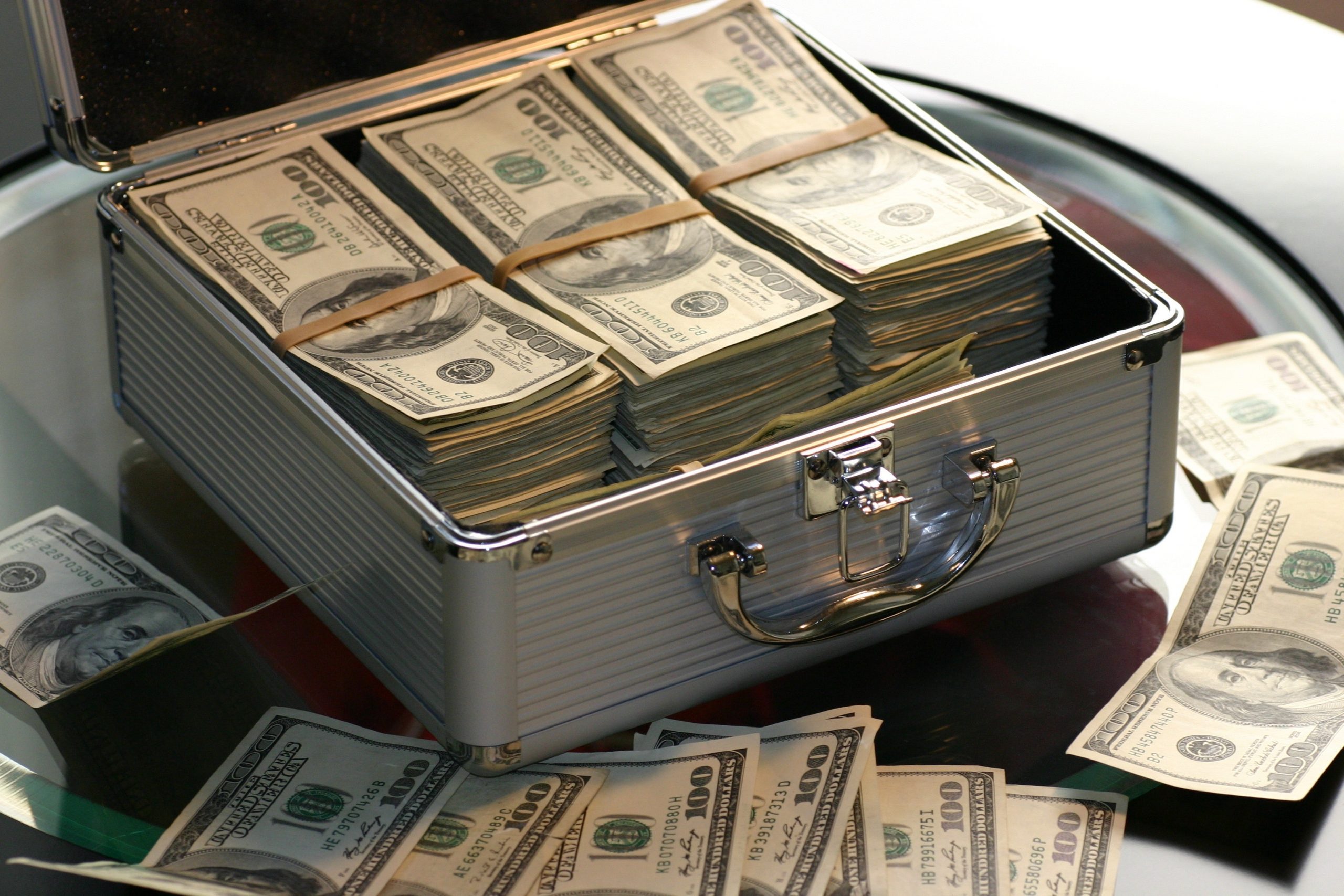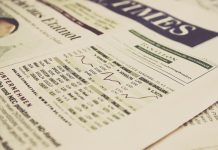
The US fiscal stimulus must be around $3 trillion to survive the coronavirus pandemic, according to William Lee, chief economist at Milken Institute.
As Congress and the White House are still deciding about what to include in the next relief package, Lee pointed out that his proposed $3 trillion budget must be allocated to programs such as incentivizing businesses to expand remote working settings and assisting the unemployed get jobs in companies with viable business models.
“I think the one thing that everyone ... agrees with is we have to get in there and get in big. The issue is how do you get big without a permanent increase in fiscal deficit,” he said during an interview on CNBC’s “Squawk Box Asia.”
“That’s why the programs that are put in place have to be targeted and designed in a way so that they disappear once the economy comes back online again,” he noted.
However, disagreements between Democrats and Republicans on what efforts to support have led to the impasse over passing another stimulus bill in the U.S.
Lockdown policies imposed to curb the spread of the coronavirus could tank 31.7% on an annualized basis in the second quarter.
This is why further fiscal stimulus is critical but American politicians “seem not to be able to hear that message,” according to Lee.
“Every penny helps and the danger is that these guys will fiddle around to try to redesign the program to really meet some perfectionist criteria that shouldn’t be,” he stressed.
“We have to get the money out there and we have to get it out there now.”
Economic recession
In June, private non-profit research organization National Bureau of Economic Research claims the country is in recession.
Economists and experts say a recession happens when GDP drops in back-to-back quarters, though it is the NBER that will officially make the call.
“In deciding whether to identify a recession, the committee weighs the depth of the contraction, its duration and whether economic activity declined broadly across the economy,” the NEBR said.
According to the organization, the “unprecedented magnitude of the decline in employment and production, and its broad reach across the entire economy, warrants the designation of this episode as a recession, even if it turns out to be briefer than earlier contractions.”
Cecilia Rouse, the dean of the Woodrow Wilson School of Public and International Affairs at Princeton University, finds the current economic situation a “very unusual circumstance that we find ourselves in.”
“Covid-19 has already exacted an immense impact on the economy,” she said.
Economists agree that the factors brewing this economic recession the factors, such as how fast it hit and who it is affecting, are different from previous economic recessions and may end with a different situation.
For example, the previous recessions had issues in the oil prices, financial markets, monetary policy or a specific sector from the start. The Great Recession was rooted in a subprime mortgage crisis and lax lending standards that wrecked the mortgage industry.
The current recession was sparked by a public health crisis.
“It was not started because of a crisis in the financial sector, such as the last Great Recession,” Rouse says. Due to health and safety issues, “the remedy is for us to stand down and pause the economy.”






